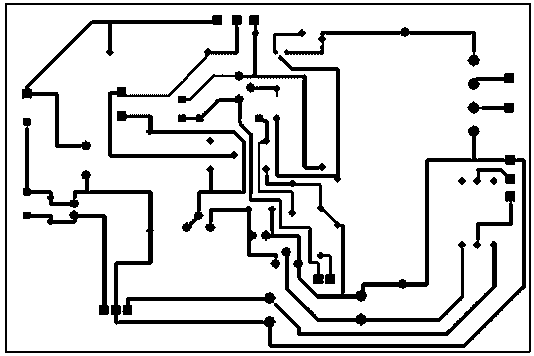

These telework strategies serve goals related to working task-oriented and productively by adopting a conducive work attitude as well as keeping social contact by using modern communication technology rather than goals related to drawing boundaries between work- and private-life. The results suggest that the most implemented telework strategies tend to be the ones most positively associated with job performance.

We identified (a) the implementation of telework strategies, (b) associations with job performance, (c) divergences between the implementation and the performance association, and (d) moderating influences of boundary management preferences and telework experience. We collected quantitative survey data of 548 teleworkers indicating their implementation of 85 telework strategies derived from scientific literature and popular media (e.g., working in a separate room, wearing work clothes at home), self-reported job performance, boundary management preferences, and telework experience. However, little attention has been paid to the individual strategies implemented by teleworkers to achieve goals such as drawing boundaries between work- and private-life, working task-oriented and productively, and keeping social contact.


Third, we discuss the increased segmentation of the labor market which allocate workers to “good jobs” and “bad jobs” and the contribution of occupational segmentation to inequality.īoosted by the COVID-19 pandemic, more than ever, an organization’s success depends on its teleworkers’ performance. Organizations and researchers may be able to better understand which occupational and individual characteristics are associated with work-from-home effectiveness and better designate occupational groups and individuals to working (or not working) from home. Second, the great “work from home experiment” may change occupational perspectives on working from home. First, perceptions of the value and status of different occupations may change, resulting in both changes of occupational supply and demand (macro changes) and changes in the perceived calling and meaningfulness of different occupations (micro changes). In this essay we focus on three occupationally-related domains that may be impacted by the pandemic. The economic and social shock presented by the Covid-19 pandemic is likely to reshape perceptions of individuals and organizations about work and occupations and result in both micro and macro shifts in the world of work.


 0 kommentar(er)
0 kommentar(er)
